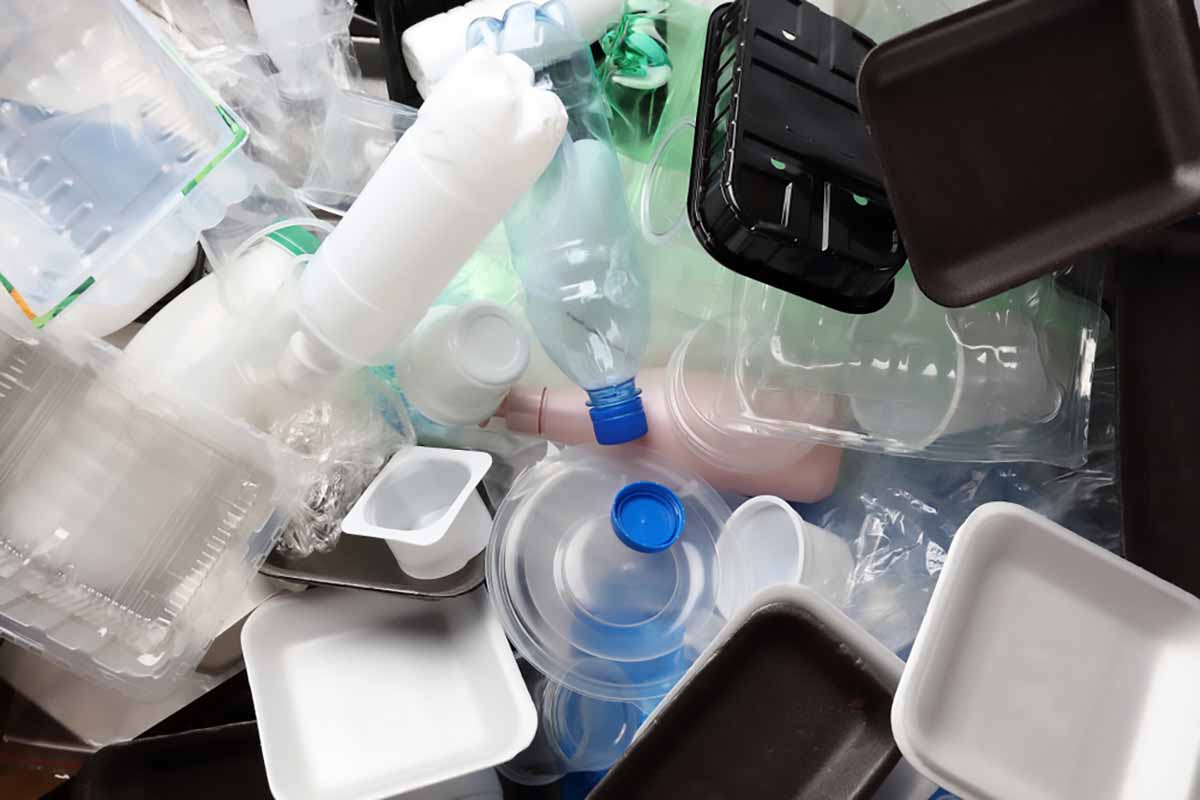
A policy expert offers best practices for designing EPR for packaging. | Marina Onokhina/Shutterstock

A policy expert offers best practices for designing EPR for packaging. | Marina Onokhina/Shutterstock
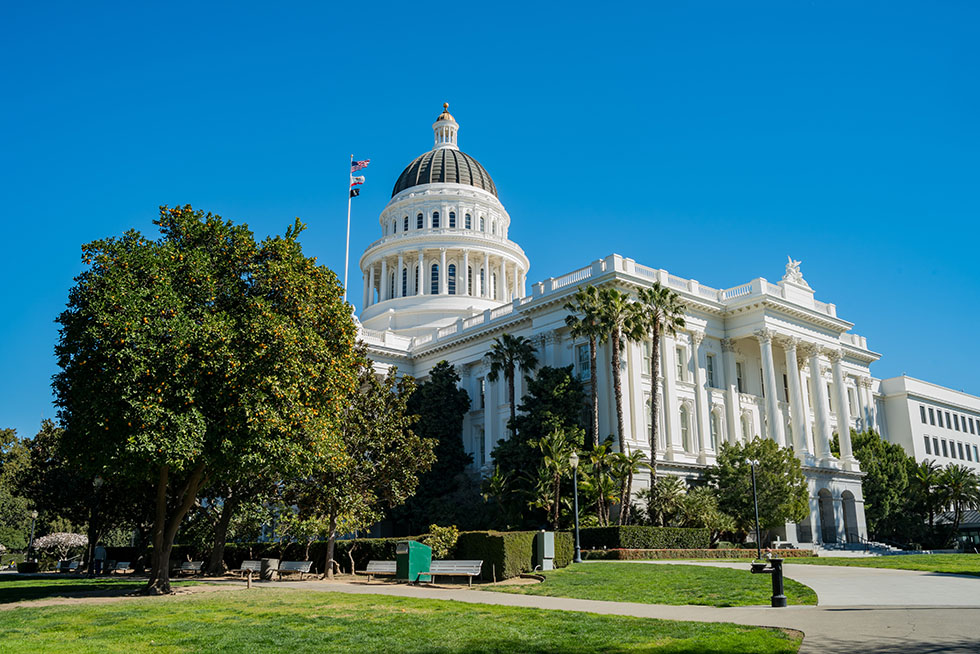
Legislators have approved EPR for printed paper and packaging in California. | Kit Leong/Shutterstock
This story has been updated.
California’s printed paper and packaging extended producer responsibility bill passed the state Senate unanimously June 30 and was signed into law, just before the deadline to pull a plastic-tax measure from November’s state ballot.
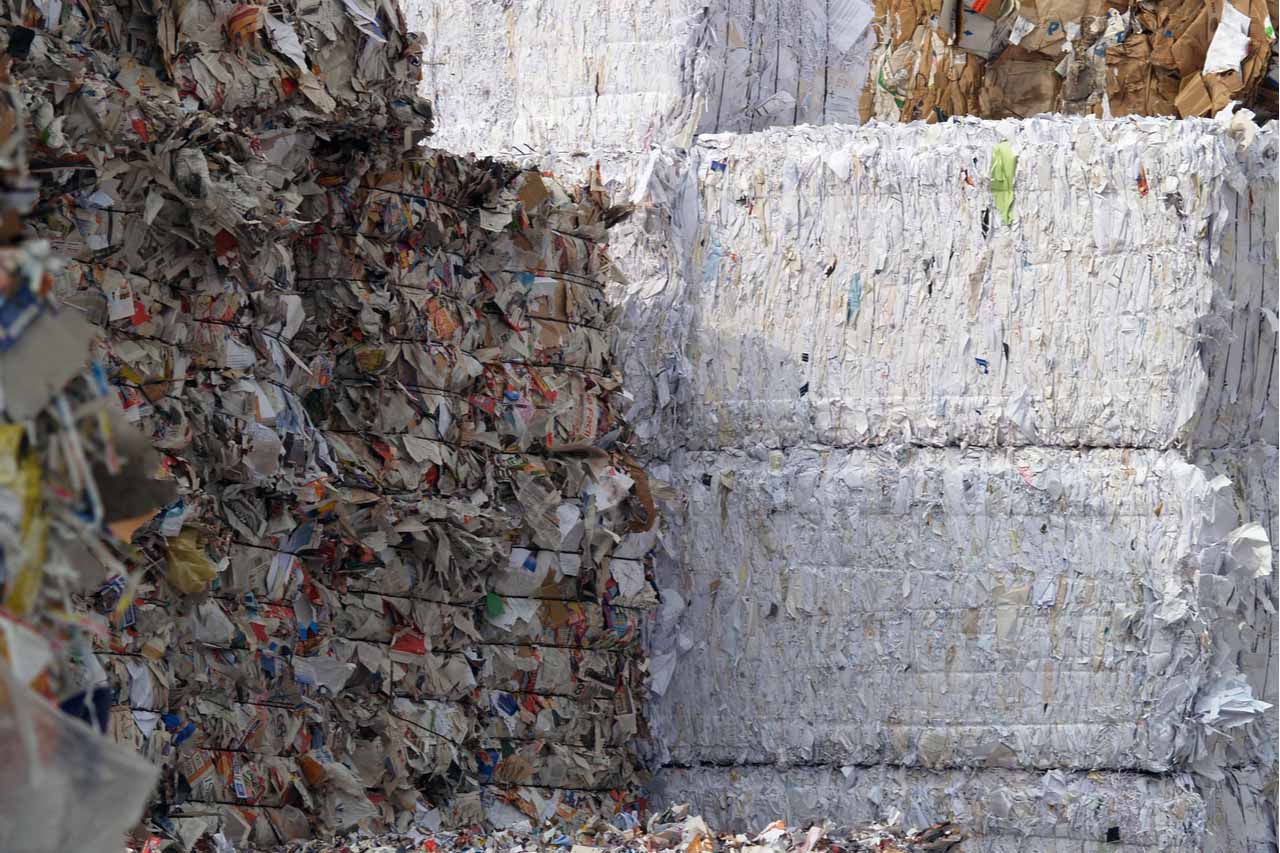
An extended producer responsibility bill is currently under consideration in California. | Luis M. Seco/Shutterstock
This story has been corrected.
Nearly a dozen legislators signed a letter asking to remove fiber from California’s proposed extended producer responsibility bill, as it undergoes more amendments in the final days before a June 29 deadline.
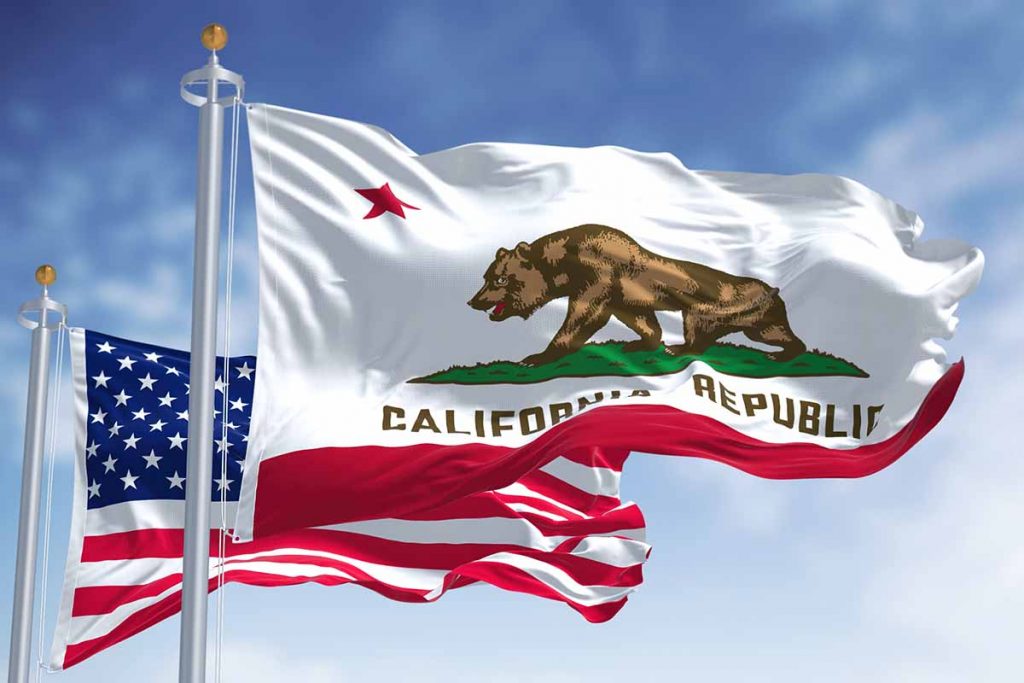
California legislators, environmentalists and industry groups are working on a plastics pollution and recycling bill that they hope will persuade ballot measure backers to withdraw their initiative before the deadline at the end of this month. | rarrarorro/Shutterstock
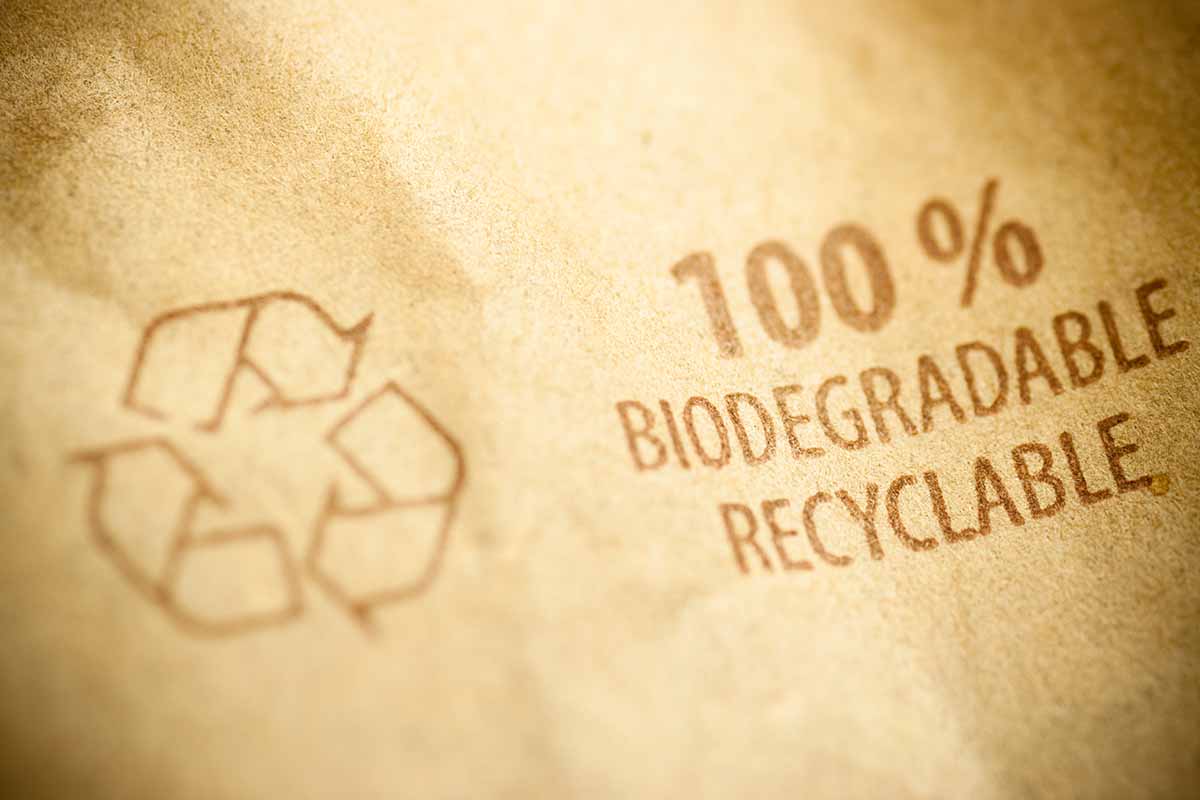
A task force in Oregon has set recommendations for recyclability labeling for consumer packaged goods. | Olivier Le Moal/Shutterstock
After nine meetings over five months, the Oregon Truth-in-Labeling Task Force has submitted its final report and recommendations to the state legislature.

With the governor’s signature last week, Colorado became the third U.S. state with an extended producer responsibility law for printed paper and packaging. | Joseph Sohm/Shutterstock
Producer responsibility advocates celebrated the signing of Colorado’s extended producer responsibility bill into law, but were left wanting in New York as two bills failed this session.
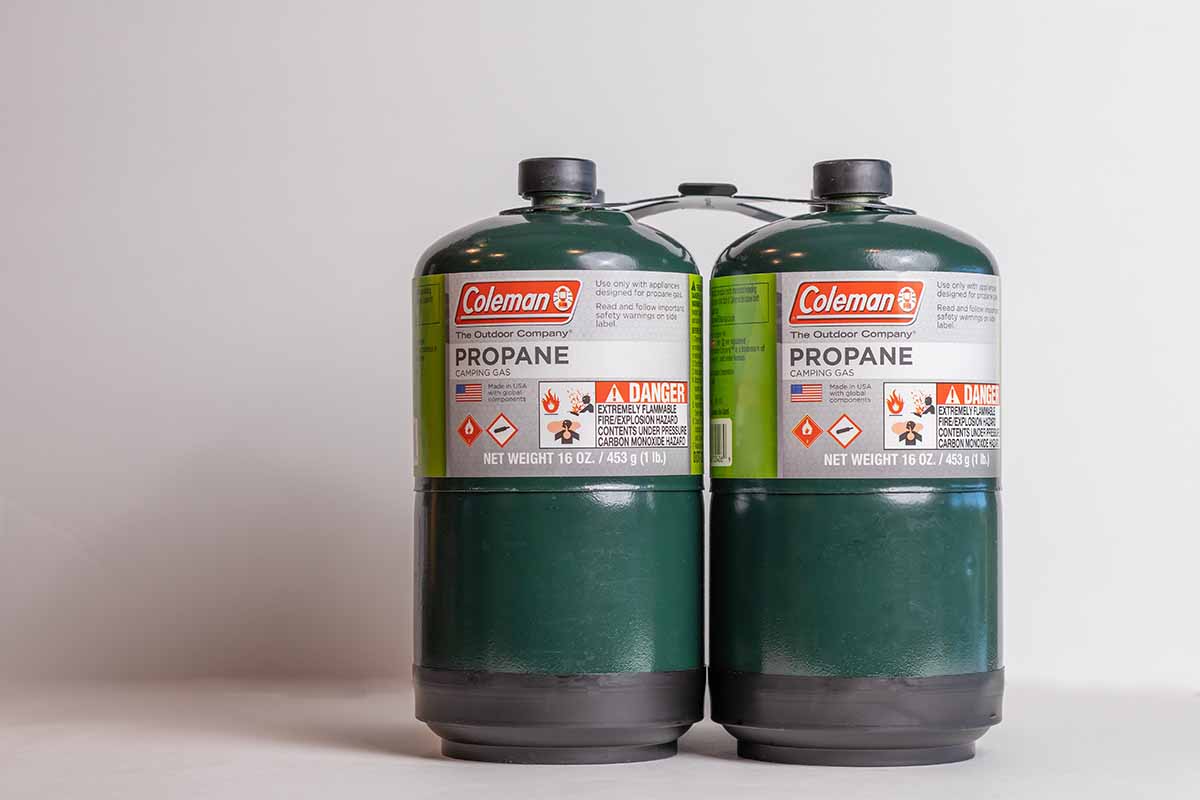
Residents in the Constitution State will be able to recycle fuel cylinders thanks to a new EPR law. | Saide Mantell/Shutterstock
Connecticut has become the first state in the U.S. to address the hazard of fuel cylinders in the solid waste stream with an extended producer responsibility law.
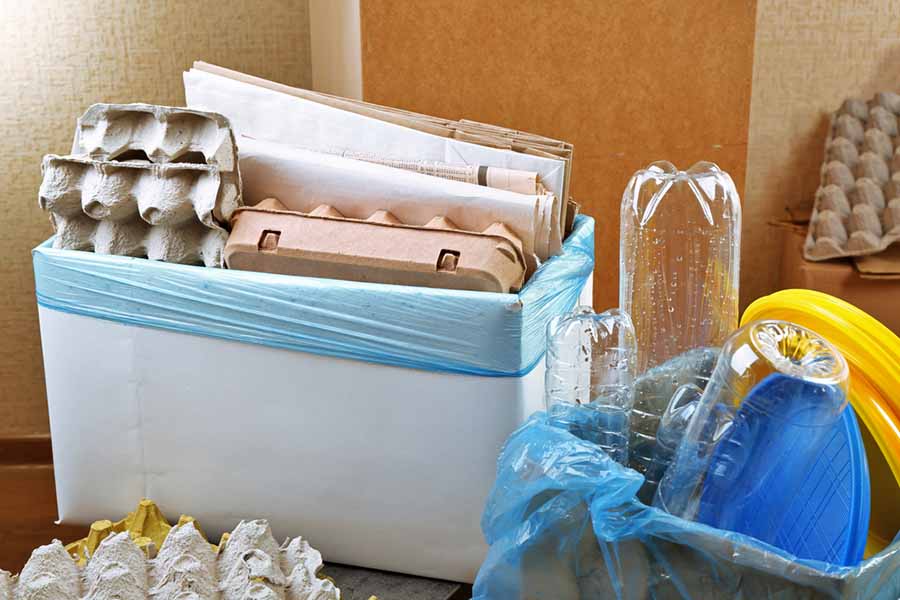
The head of an AI-powered robotics company argues extended producer responsibility legislation focused on material weight will fail to hold producers truly responsible. | Africa Studio/Shutterstock
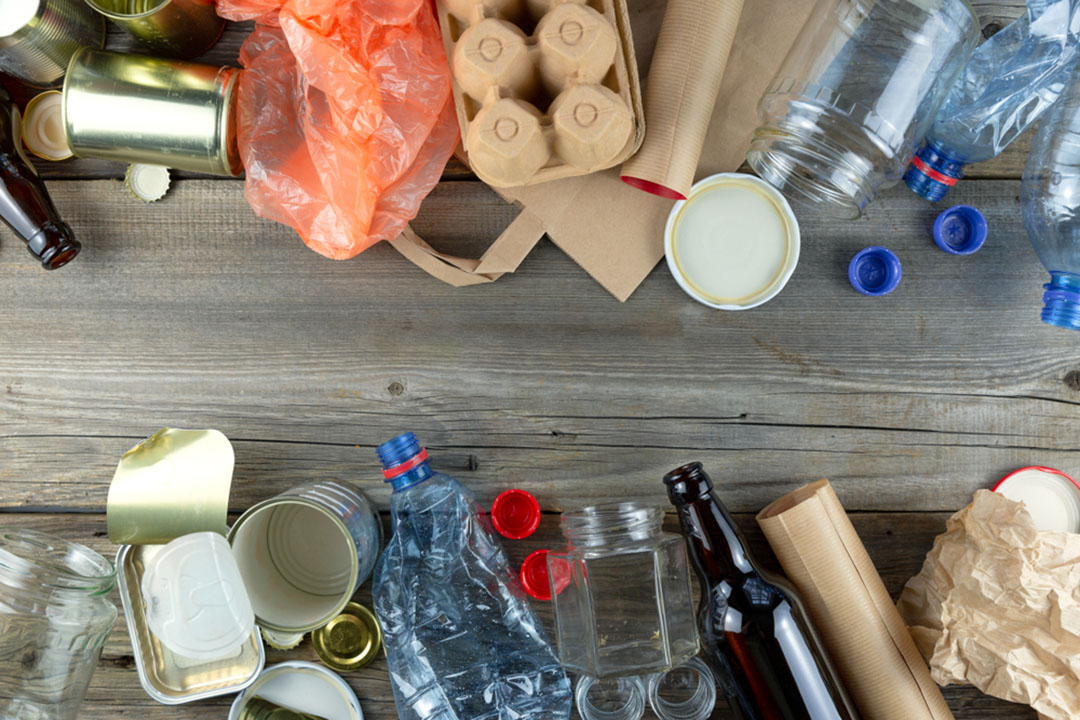
Colorado is the third state in the U.S. to pass a packaging extended producer responsibility bill, and the first in the 2022 legislative session. | Arturs Budkevics/Shutterstock
While many industry leaders praised the recent passage of a Colorado bill establishing extended producer responsibility for printed paper and packaging, others are calling for Gov. Jared Polis to veto it.
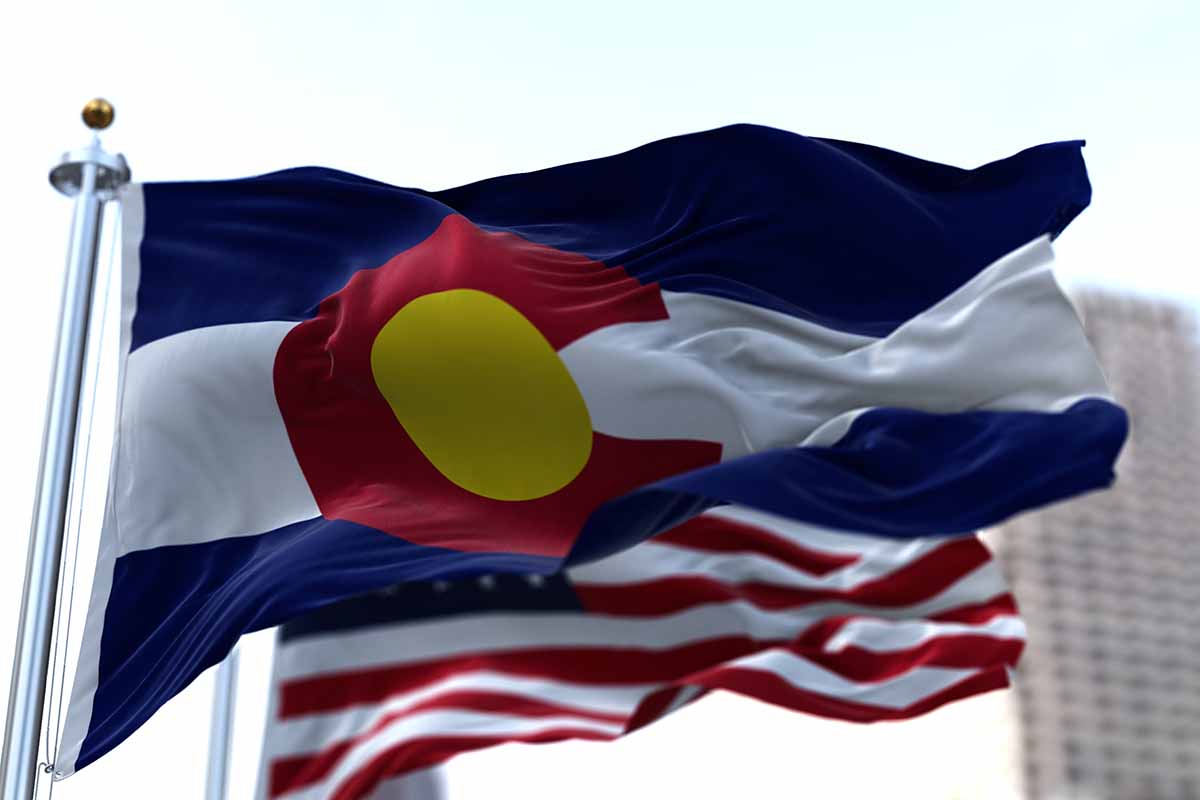
The Colorado legislature has sent a packaging EPR bill to Governor Jared Polis. | rarrarorro/Shutterstock
Colorado’s governor has been sent a bill establishing extended producer responsibility (EPR) for printed paper and packaging, a major development in the wider industry conversation about reshaping the funding model for municipal recycling.

